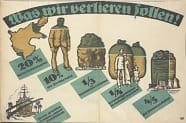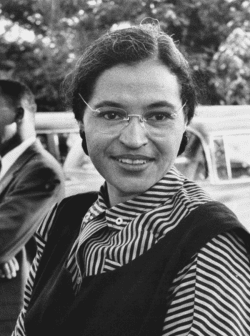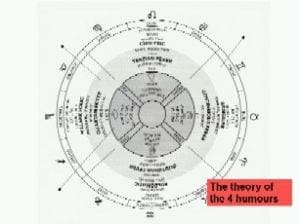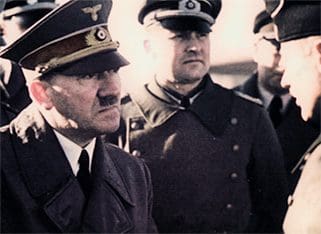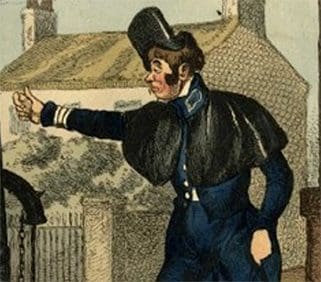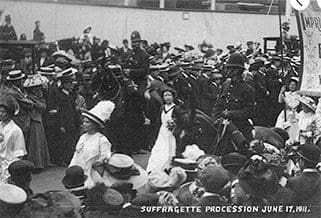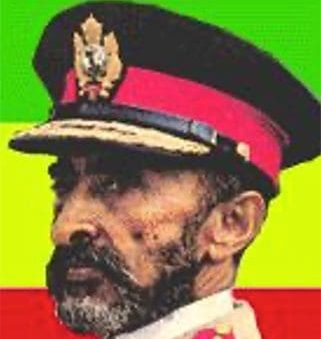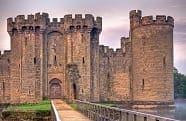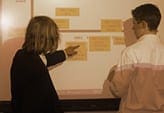
This section has highlighted a number of issues relating to GCSE teaching that you might identify with and be interested in seeing other talented teachers’ solutions. It does not claim to be complete, and there are already additional articles in preparation. Attention inevitably focuses on how to help students to answer particular types of GCSE questions. There are great ideas for dealing with ‘How far’ and ‘To what extent ‘ questions as well as on two-sided discursive arguments.
Pieces of cake, scales, spectrums and even donkeys
1, Dealing with students misconceptions
One teacher’s thoughtful approach to dealing with the misconceptions that many students face when studying Modern World history is provided as a downloadable. Do your students often confuse events of 1923 and 1929 in Germany? Read what you can do about it. I am very grateful to Steve Rollett of Noadswood School for permission to use his typically thoughtful

